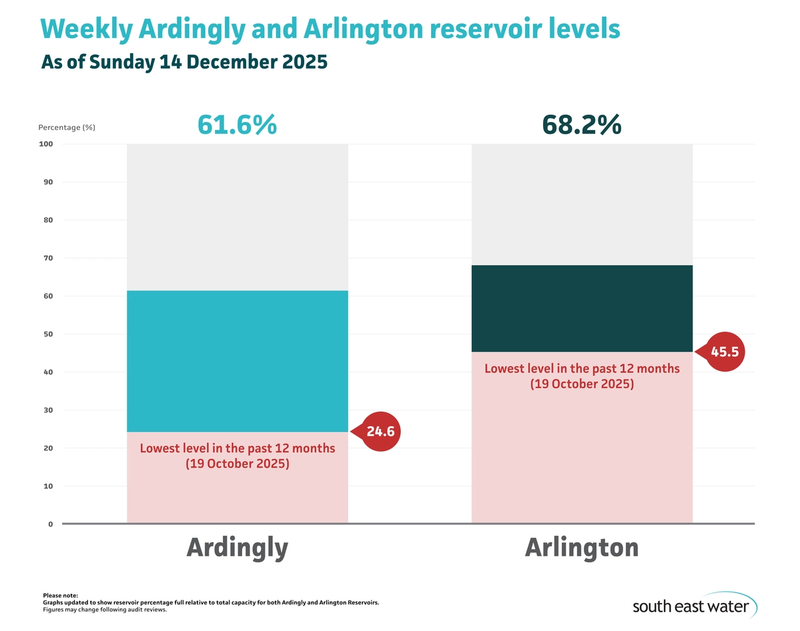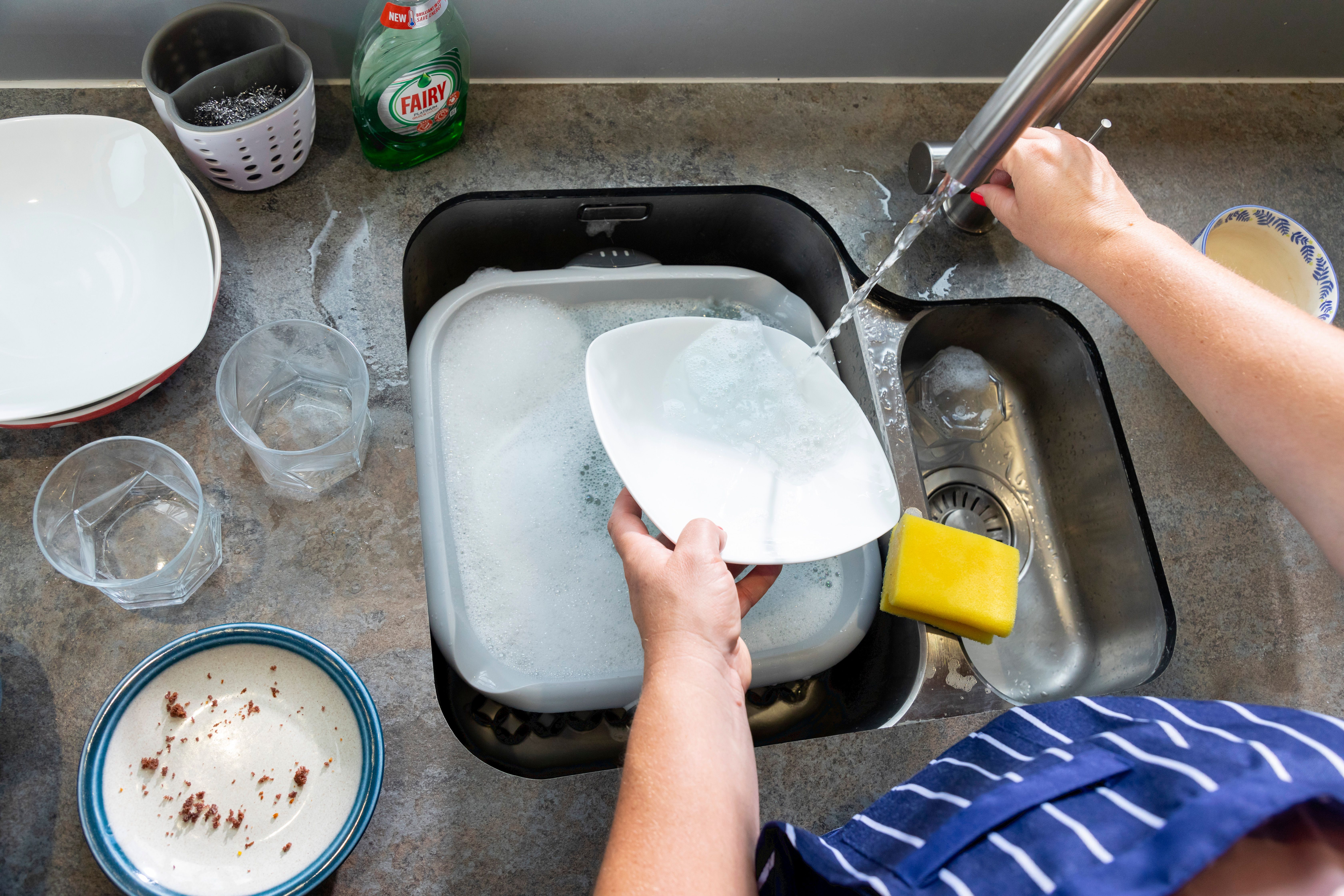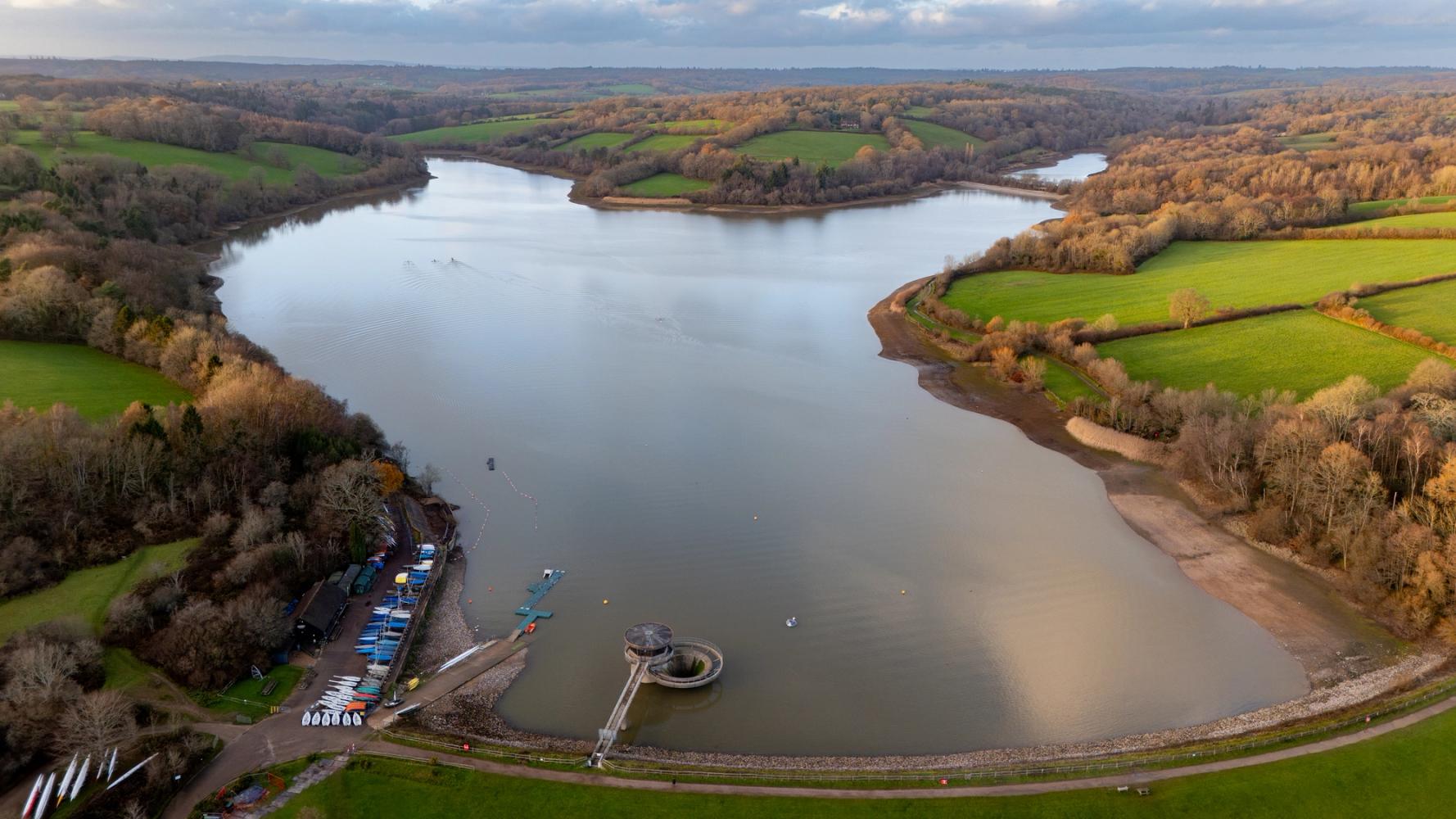We can now confirm that we have cancelled our Non Essential Use Ban Drought Order application following a period of positive recovery at our Ardingly reservoir.
Levels have been rising more swiftly in recent weeks, allowing us to transition to Level 1 in our Drought Plan(opens in a new tab).
Current situation and next steps
While the recovery is encouraging, we are maintaining a cautious approach. As of 14 December, Ardingly Reservoir is 61.6 per cent full. At the same time last year, the reservoir was at 100 per cent capacity.

Because we are still below where we would ideally like to be, we will not be changing hosepipe restrictions (TUBs) at this time. We do recognise that moving to Level 1 means we can now look at reinstating certain exemptions for our customers in Sussex. We will look to make these changes early in January.
Looking Ahead
We are continuing to monitor the situation closely. We will look to bring back exemptions for customers in Sussex over the coming weeks and will provide a further update on our plans in the New Year.
Thank you for your ongoing support and patience as we manage these resources responsibly.
What is a NEUB?
A Non Essential Use Ban (NEUB) is a restriction on mains water use we can apply for under a Drought Order and implement when there is a threat of serious water shortages. It targets commercial and non-household water use and requires approval by the Secretary of State for the Environment, Food and Rural Affairs.
This is an action included in our Water Resources Management Plan(opens in a new tab) and Drought Plan(opens in a new tab), but we do not take it lightly. We only apply and implement it under exceptional circumstances, and this is no longer needed.
Saving Water in Your Business
Saving water isn't just about saving money on your water and energy bills. Have a look at our website for water-saving tips you can implement in your business.

